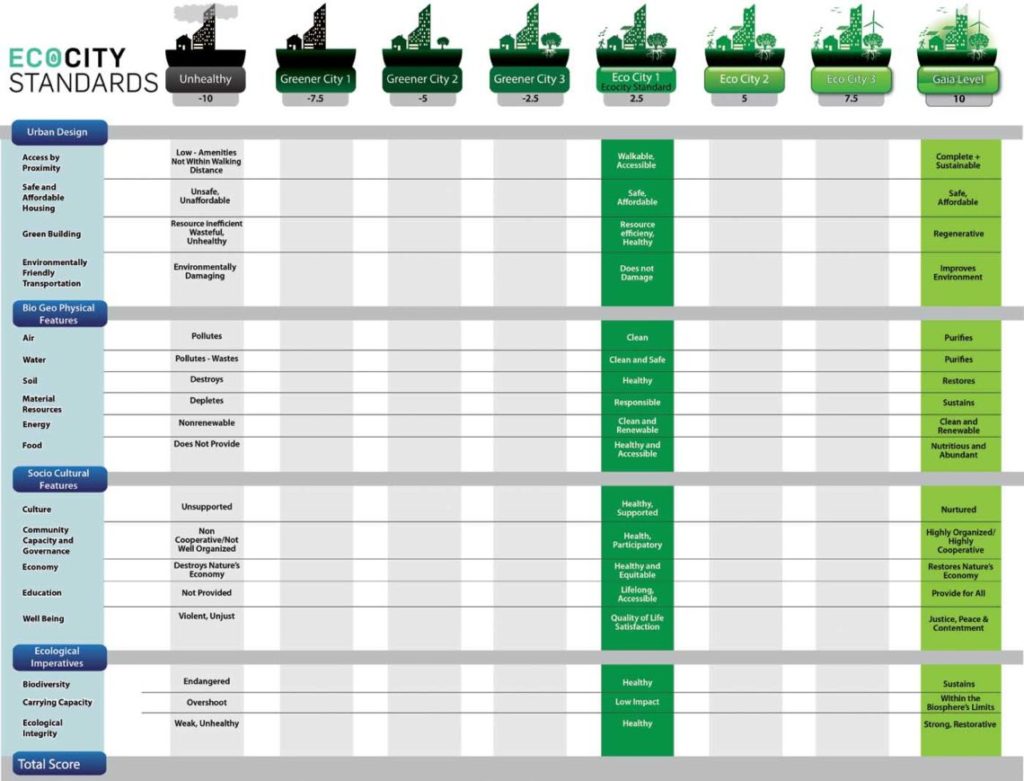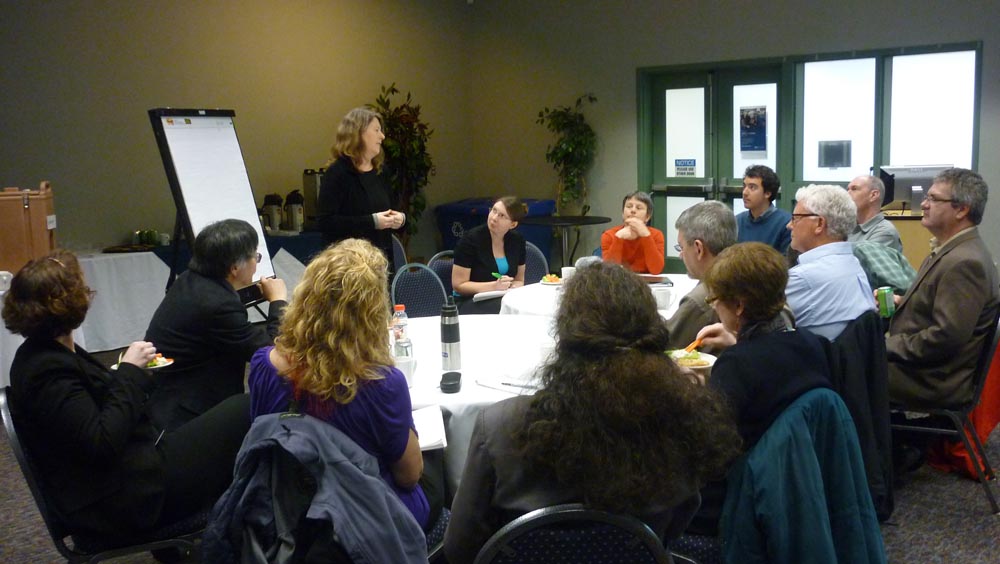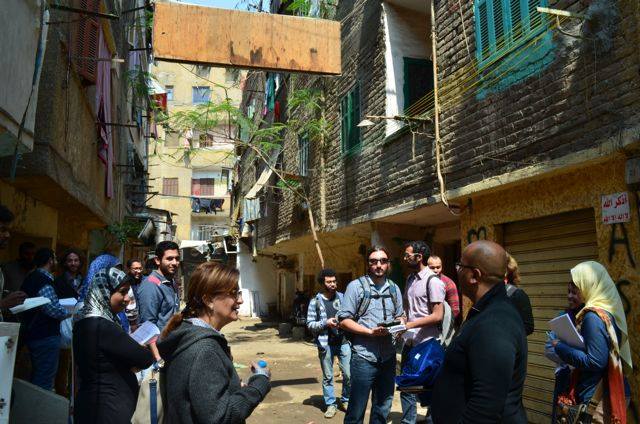Philosophy
Cities are the largest artifacts that humans build. They accommodate two out of every three people on the planet (and rapidly growing) and generate the majority of the world’s waste, pollution, and greenhouse gases. Consequently, if we could shape cities to function like healthy natural organisms with balanced and sustainable resource flows from source to sink, much of the Earth’s life support systems that are currently under existential pressures as a result of a prolonged but now outdated extractive industrial-age economic philosophy of externalizing ecological costs would be allowed to regenerate.
In order to prescribe a meaningful “treatment plan” to an imbalanced urban organism and develop the tools to gauge and guide progress, we must first conduct a thorough and holistic assessment of its current physical, cultural, and ecological condition. This is not an easy task, as modern cities aren’t isolated entities with clearly defined boundaries, but complex ecosystems interwoven not only into a bioregional but a global tapestry. At the same time, they are human-made organisms with physical and political boundaries, offering the tangible containers needed in order to be measured.
Therefore, an important step in the process of addressing urban challenges and creating effective solutions is the ability to understand, measure and quantify the environmental impacts of cities, for example, in terms of consumption of energy and natural resources and generation of waste. To provide a practical methodology for such measurement, we’ve been developing the Ecocity Framework & Standards Initiative, organized through 18 conditions within four fundamental urban pillars.
For standards to be meaningful, there is a need for detailed, accurate data and information about local urban environmental conditions, as well as social and economic conditions that affect both the immediate quality of life for residents and the long-term resilience and sustainability of urban areas. Furthermore, access to such data and information is a key consideration, both for citizens (so that they can be involved in governance and action to improve environmental conditions and quality of life) and for governments (in order to support good public policy, decision making and urban management).
To that end, our Urbinsight project is currently being developed to strengthen sustainable life ways and urban systems within a placed-based cultural context and to increase social awareness through a broad vision that promotes public participation, integration, cooperation, equity and social justice.






